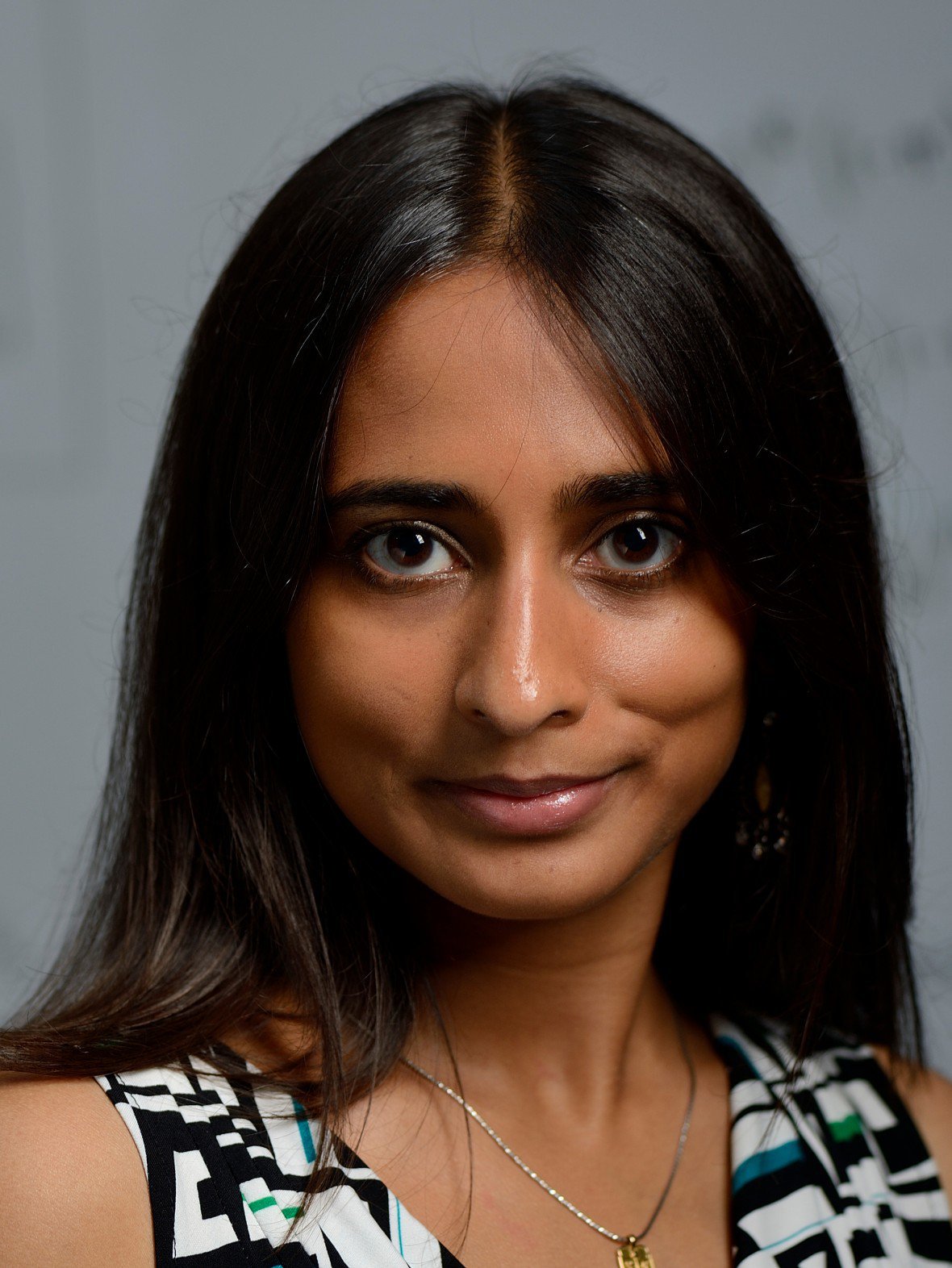Biotechnology & medicine
Archana Venkataraman
We still don’t know much about neurological disorders but she’s using AI to change that

Latin America
Sara Landa
Her biological compounds optimize the absorption of nutrients, when it comes to crops, to reduce the use of fertilizers

Europe
Hans Genee
His “synthetic selections” allows for the production of vitamins in a sustainable, efficient, and biological fashion

Global
Nicole Gaudelli
She found a better way to correct single-gene mutations

Latin America
Eduardo Cisternas
His computer programs are free, helping the democratization of access to science and technology programs
